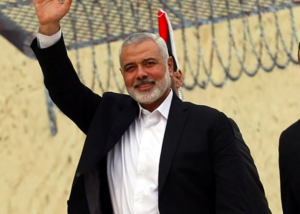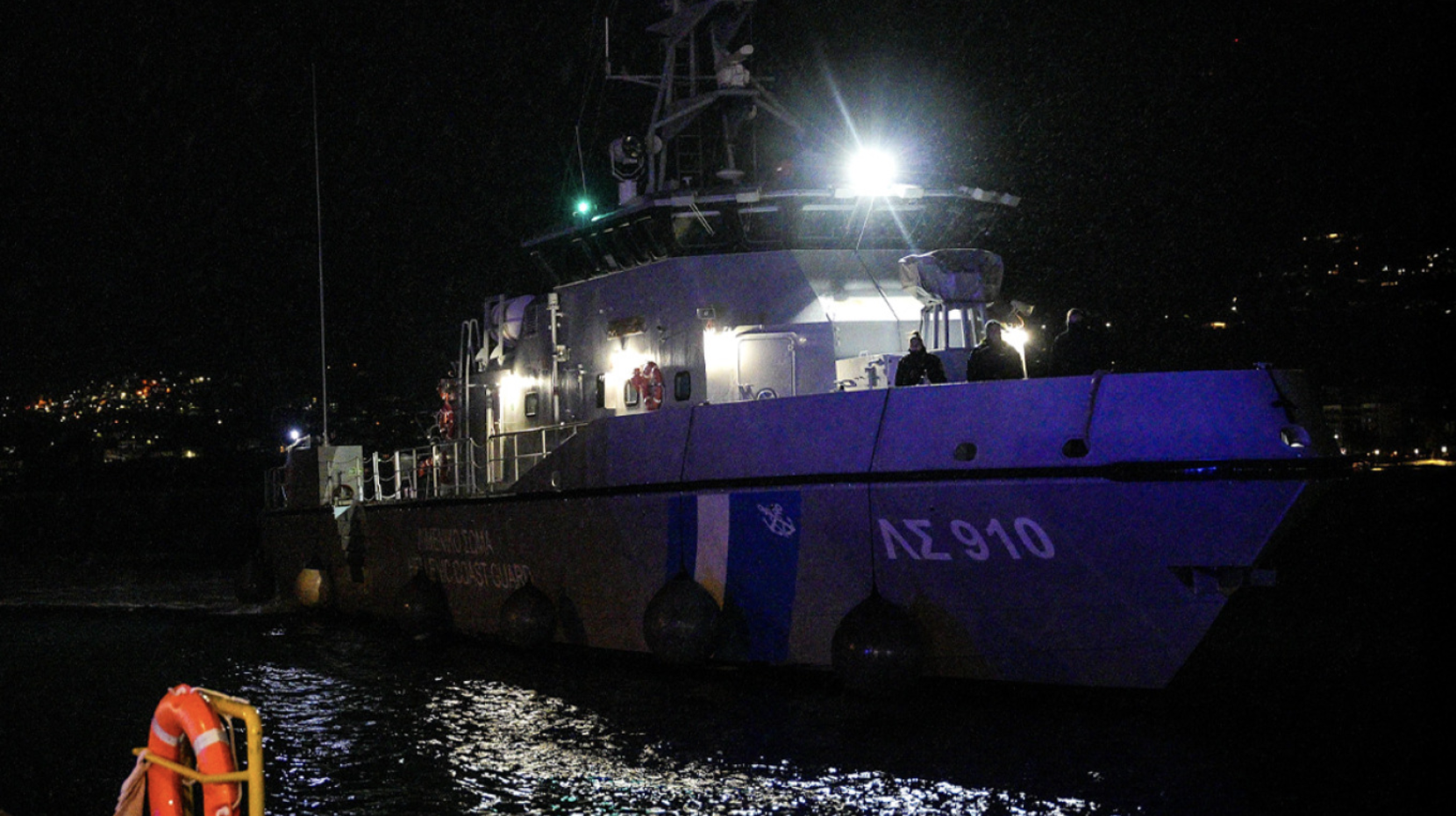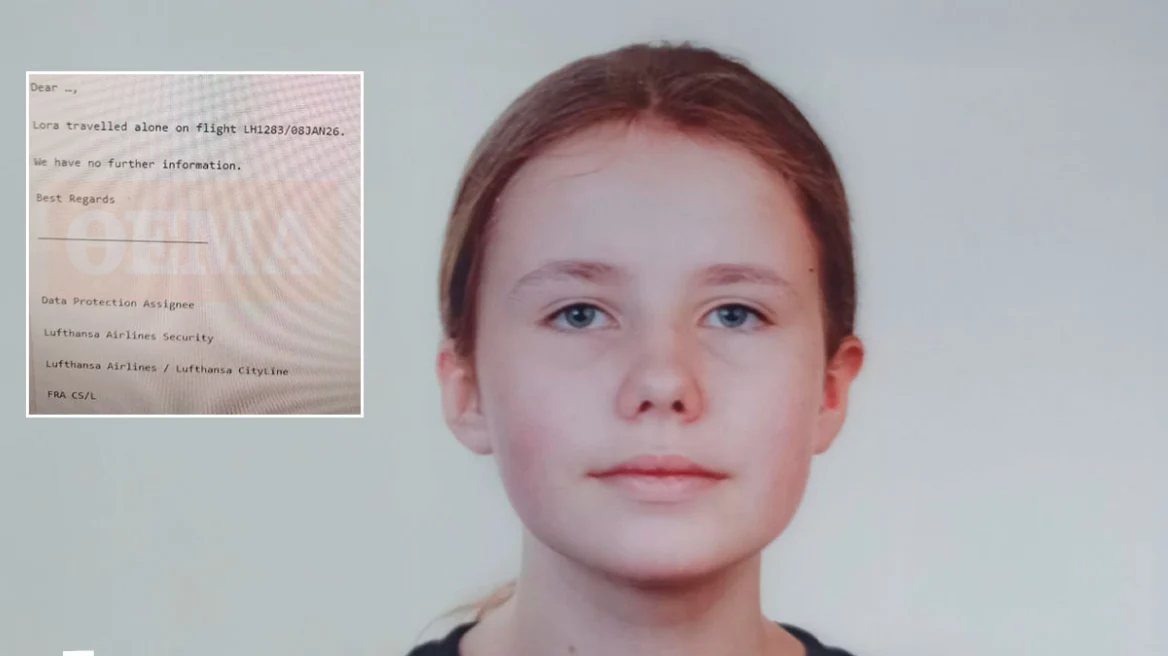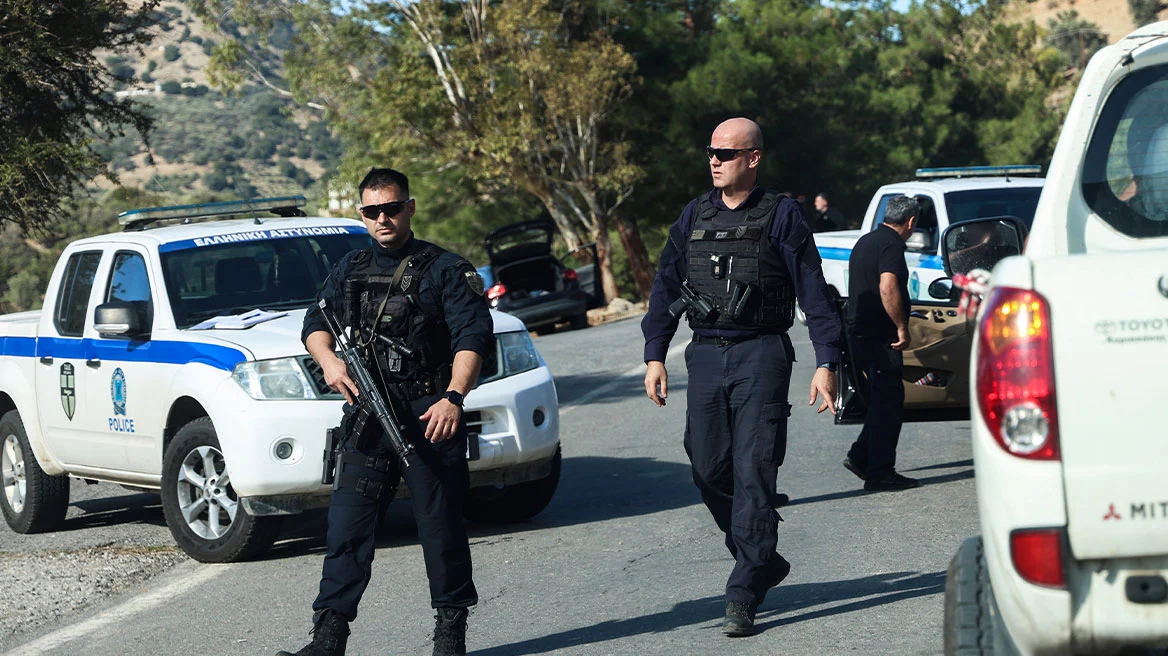The assassination of the political leader of the Palestinian organization Hamas, Ismail Haniyeh, in Tehran marks a sudden escalation in the conflict between Israel and Hamas, at a critical juncture for negotiations in the Middle East.
From the moment the death of the organization’s leader was announced, Hamas officials declared that Haniyeh’s assassination “will not go unpunished,” promising immediate retaliation.
Hamas described the assassination as a “cowardly act that will not go unpunished,” especially since Haniyeh was killed during a diplomatic visit to Tehran for the inauguration of the country’s President, Masoud Pezeskiyan.
Clouds of Revenge
Ismail Haniyeh, who led Hamas’ political operations while in exile in Qatar, was a key figure in Palestinian negotiations with Israel and hostage exchanges. His absence from the negotiation table and his sudden death, according to some analysts, reset the discussions between the two sides, especially as the atmosphere within Hamas is highly charged.
Primarily, Haniyeh’s assassination came just hours after Israel’s strike in Beirut, which resulted in the death of Mohsin Soukr, known as Fuad Soukr, the head of Hezbollah’s operational wing, in retaliation for a rocket attack on the Israeli-occupied Golan Heights over the weekend that killed 12 people, including children.
In this context, the elimination of the leadership of both organizations within 24 hours by the Israelis “raises fears of further conflict in the region,” according to international news networks, even suggesting the involvement of other groups in the bilateral conflict. This escalation between Israel and Hezbollah adds to concerns about the existing conflict becoming a regional war, while battles between Israel and Hamas continue in Gaza, where the population lives under humanitarian crisis conditions.
It should be noted that Israel has committed to “destroying” senior Hamas leadership after the October 7th raid near the Israel-Gaza border, which left 1,200 dead.
Political “Short-Circuit”
For the international community, Haniyeh’s assassination removes an important negotiator from the Palestinian delegation, as he was responsible for Hamas’ political operations from Qatar. He was a key interlocutor with mediators from Doha and the Egyptian delegation, focusing on hostage releases and ceasefire negotiations in Gaza.
Therefore, it is almost certain that his assassination will “freeze” progress on these issues, as Hamas declares its readiness to “pay various prices” in retaliation for the loss of its leader.
The White House is aware of Haniyeh’s assassination but has declined to comment further on this development. Meanwhile, Israel acknowledges that Haniyeh’s loss will have “significant impact” on ongoing negotiations, even if he was seen by Israelis as one of the main culprits of the October 7th attack.
According to CNN, “The death of Hamas political leader Ismail Haniyeh is the most significant Israeli operation since October 7th,” even though Israeli airstrikes in April resulted in the loss of three of his sons and four grandchildren. However, Haniyeh stated, “Anyone who believes that targeting my children during negotiation talks and before an agreement is reached will force Hamas to concede to demands is delusional,” putting peace talks on the backburner after his loss.
From the Palestinian Authority, “the President of the State of Palestine Mahmoud Abbas strongly condemned the assassination of Hamas’ leader, Ismail Haniyeh, calling it a cowardly act and a dangerous development. His Excellency called for the masses and forces of our people to unite, be patient, and steadfast against the Israeli occupation,” WAFA reported.
Ask me anything
Explore related questions





